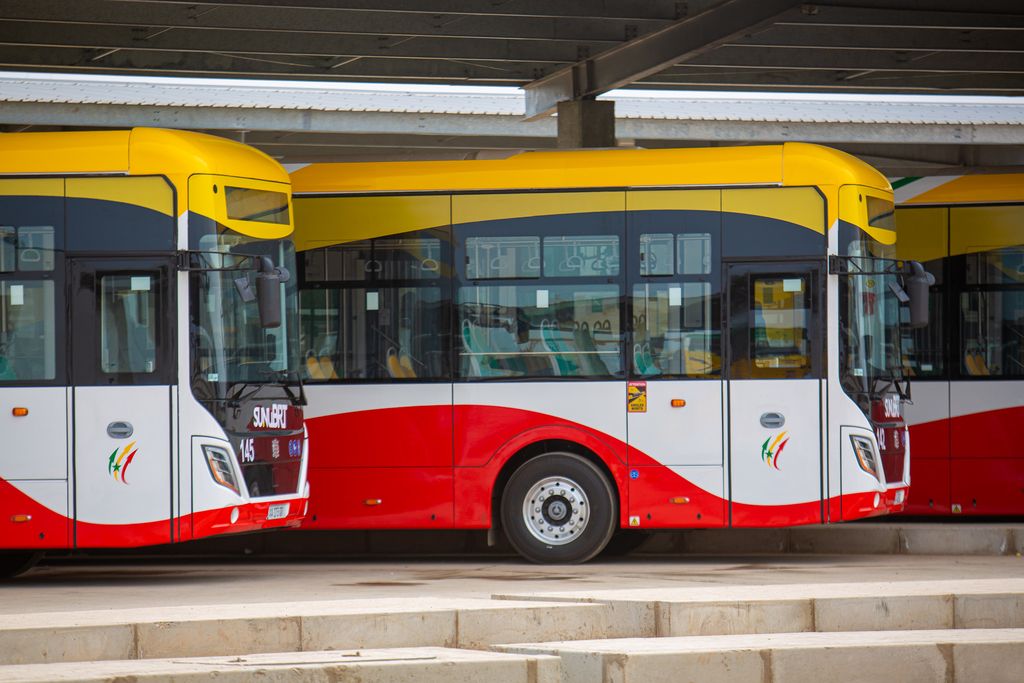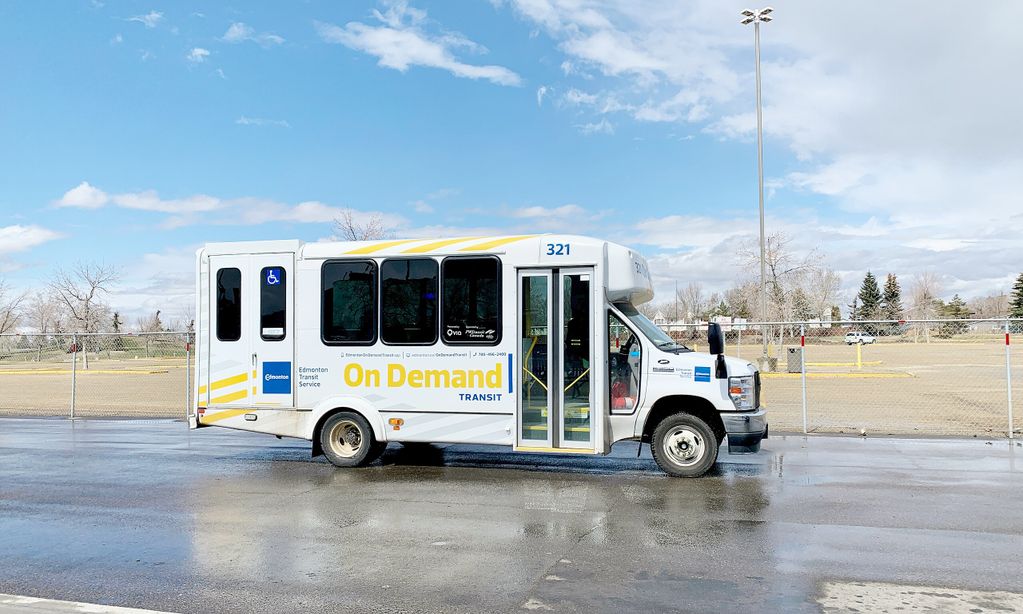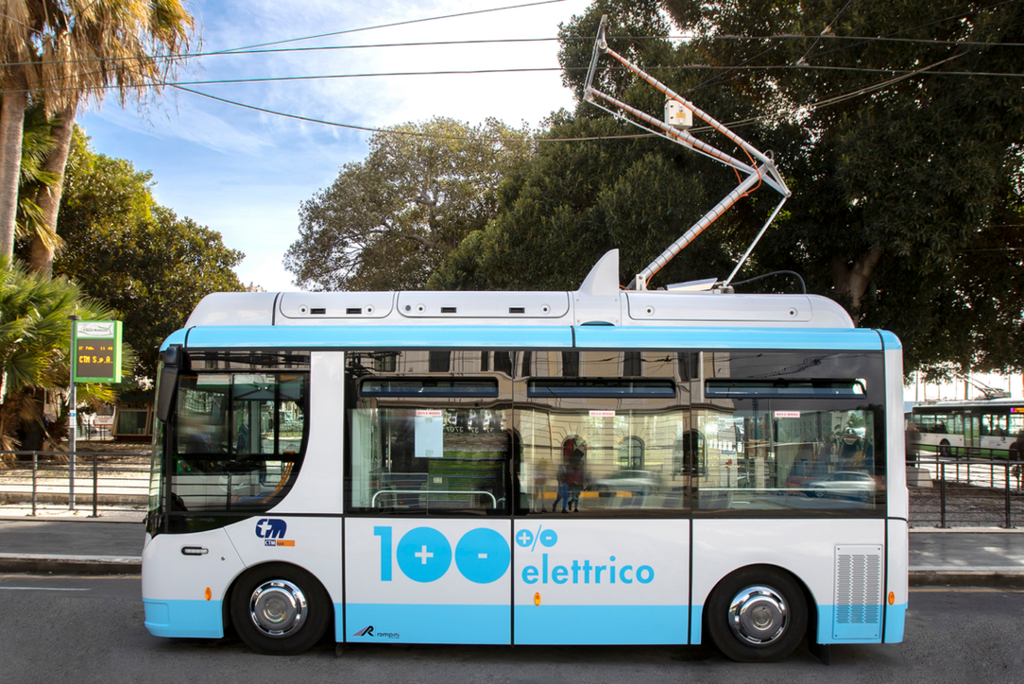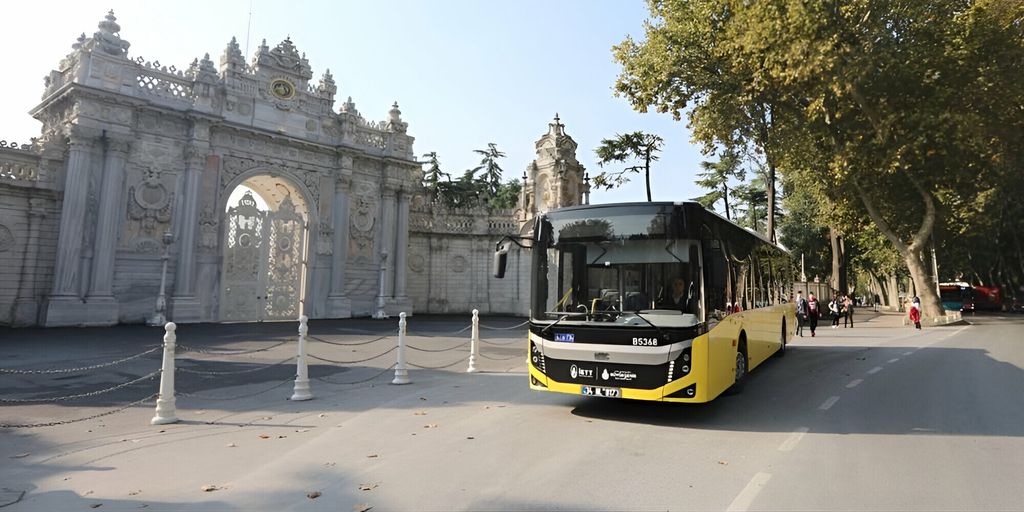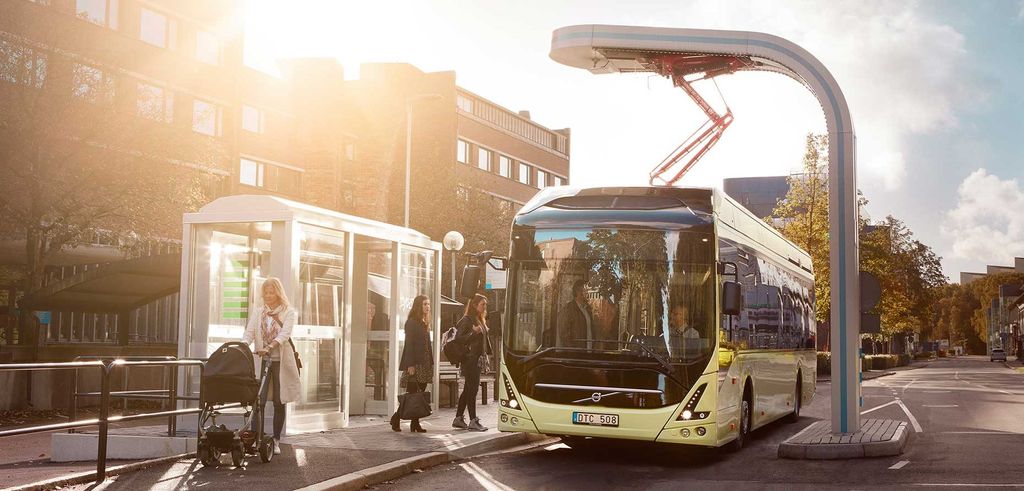
UITP India develops toolkit to support e-bus procurement under FAME II
As cities progress towards inviting proposals to procure electric buses under FAME II, it is pertinent to incorporate learnings from past experiences and various global practices. Towards this, UITP India has developed a concise toolkit that can act as a ready reckoner for cities in identifying the appropriate business model for electric bus induction and the specific clauses to be included in the procurement exercise. It helps cities/states to choose between outright purchase and Gross Cost Contract (GCC) mode of procurement and their procurement conditions. Further, UITP also prepared model Request for Proposal (RfP) documents for both modes of e-bus procurement as reference material.
We have reviewed the following key documents in developing the toolkit and model RfP documents:
- Model Request for Proposal (RfP) for outsourcing city bus operations issued by Ministry of Housing and Urban Affairs (MoHUA)
- Model Concession Agreement (MCA) for electric buses issued by NITI Aayog
- UITP tender structure document
The model RfP by MoHUA was developed specifically for the Indian context, based on detailed consultative process with cities and sectoral experts. However, it was developed for the case of Internal Combustion engine (ICE) based buses. While the MCA issued by NITI Aayog is specific to electric buses, it only focuses on the agreement with the selected bidder but not the process of identifying the right bidder. The UITP tender structure covers both ICE and electric buses and provides learnings from across the globe on the best practices in tendering. Therefore, UITP India has taken the MoHUA model RfP as a base and added specific e-bus learnings from the NITI Aayog and UITP tender structure documents. Further, adequate care was taken to incorporate key learnings from the FAME I tendering process across cities.
The toolkit for electric bus procurement is intended to provide a framework for multi-criteria decision making involved in identifying the appropriate business model for procurement and the specific clauses to be included within the identified model. State transport undertakings and other public transport service providers may use the toolkit to take right decisions while preparing the RfP for upcoming e-bus procurement after duly evaluating the local scenarios. However, it may kindly be considered that the toolkit only includes an indicative list of guidelines and key clauses. STUs may consider typical procurement conditions in addition to this as well.




